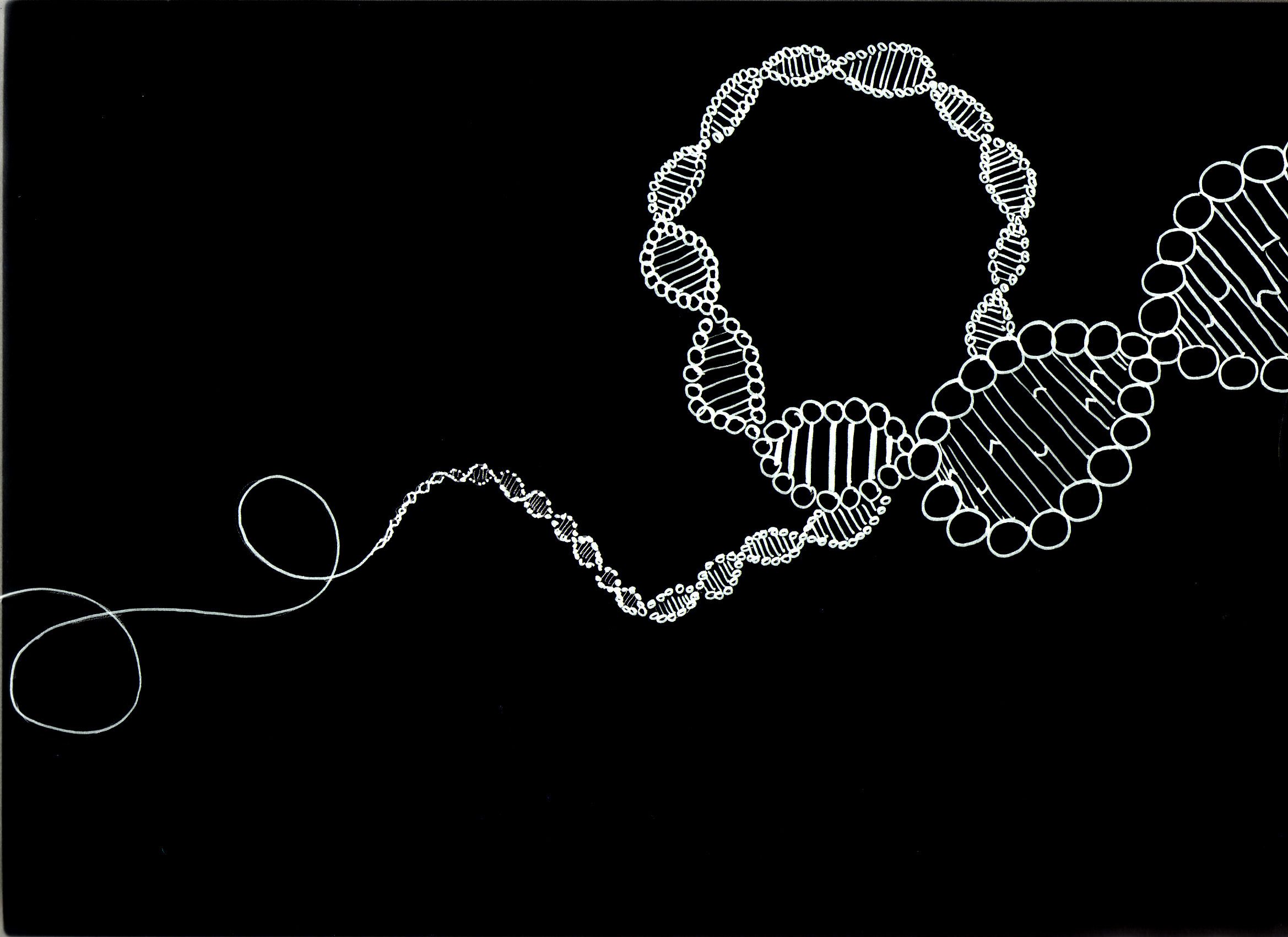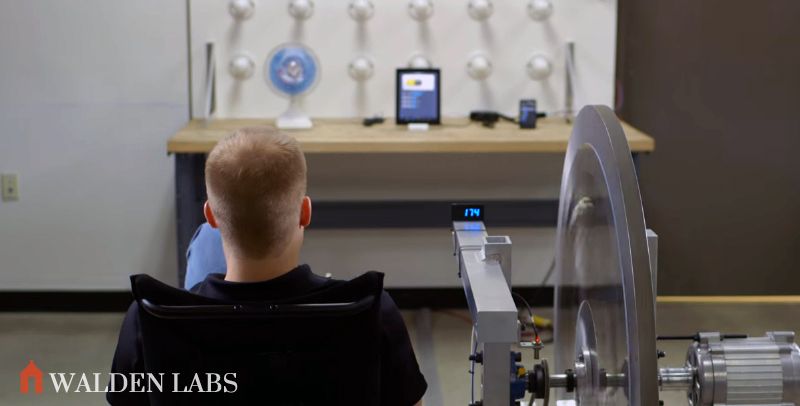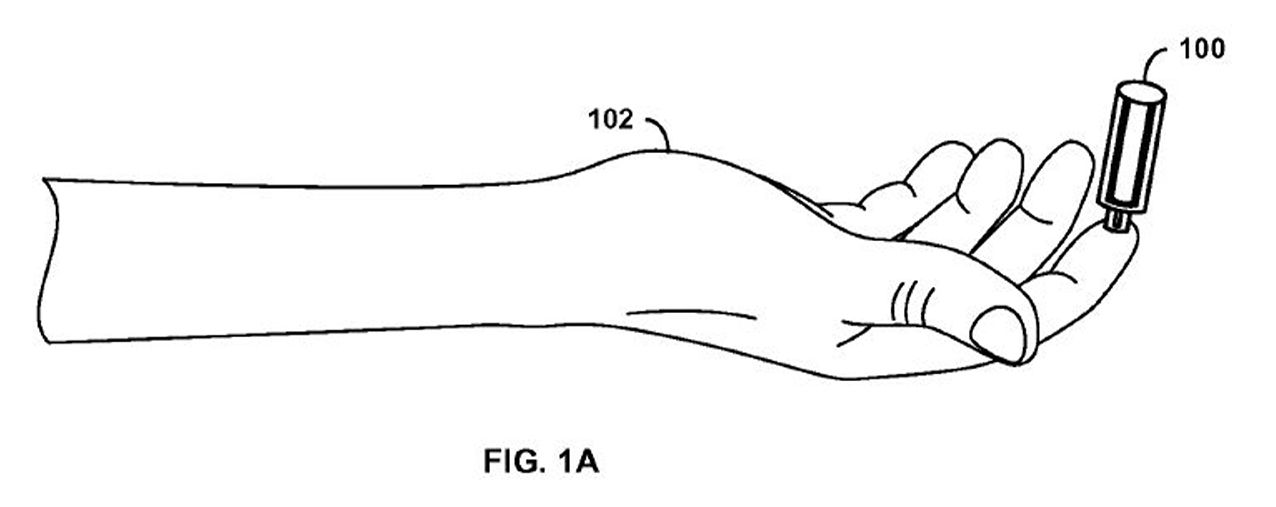After recent good news regarding the accuracy of famed CRISPR-Cas9, a new form has been engineered that’s even more accurate than the original.
A string of positive developments
If you’ve been reading the news lately, you may know recent analysis of the gene editing system CRISPR-Cas9 has had a string of positive updates. We found out it’s surprisingly more accurate than we first believed, which bodes well as scientists across the world start thinking about the move into human models.






 But it’s been a fruitful search: multiple drug candidates, many already on the market for immune or psychiatric disorders, have consistently delayed age-associated diseases and stretched the lifespan of fruit flies, roundworms and mice. Yet human trials have been far beyond reach — without the FDA acknowledging “aging” as a legitimate target for drug development, researchers have had no way of pitching clinical trials to the regulatory agency.
But it’s been a fruitful search: multiple drug candidates, many already on the market for immune or psychiatric disorders, have consistently delayed age-associated diseases and stretched the lifespan of fruit flies, roundworms and mice. Yet human trials have been far beyond reach — without the FDA acknowledging “aging” as a legitimate target for drug development, researchers have had no way of pitching clinical trials to the regulatory agency.